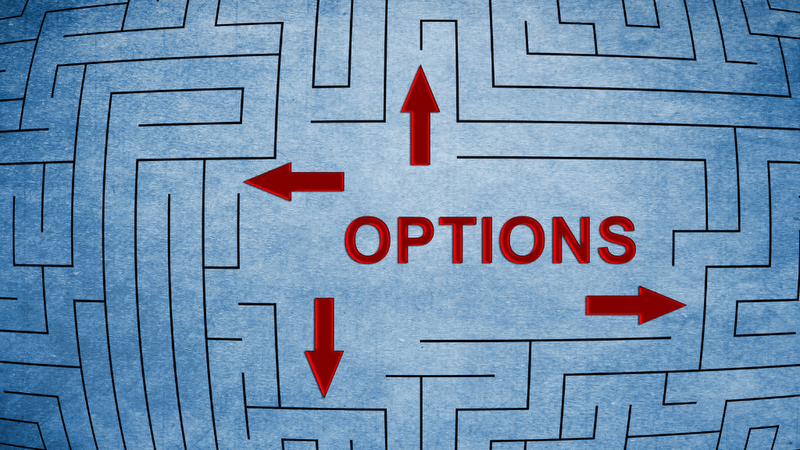Get our e-newsletter for all the exciting updates, events notices and valuable education
Are Health Savings Accounts Changing Health Care?
Discover how Health Savings Accounts can help you prepare for medical expenses in the future.
Posted on November 21, 2022

What is a Heath Savings Account?
Many financial institutions have a solution, one that regularly helps Americans minimize the amount they spend each year on health care. Financial institutions like Quest Trust Company are teaching citizens the power of the Health Savings Account, commonly known as an HSA. A Health Savings Account is a very powerful wealth building tool that provides the account holder with numerous benefits not only for retirement, but for today, too. One problem remains: 46% of consumers have never had one.
Health Savings Accounts can be set up by an individual or by a company for their employees as an option with their insurance. With HSAs, the funds in the account can be saved up throughout the years and compounded through contributions. They can be transferred or moved with limited requirements and can also be leveraged for almost any type of investment. Self-directed HSAs allow account holders to invest in almost any private asset available with limited restrictions, providing additional diversification. The institution where the Health Savings Account is held will determine the types of investments one can choose to place their funds. Common examples include stocks, mutual funds, cryptocurrency, and real estate.
The Health Savings Account is one of the few accounts where earnings from any investment can come back tax-free and be spent in the present day rather than waiting until retirement. It is also important not to confuse the HSA with a Flexible spending account (FSA). While it is not uncommon for people to have some form of FSA, others have questioned how beneficial it actually due to the account rules; Americans find they have shoveled money into an HSA throughout the year just to lose the ability to use it due to not spending it. The Health Savings Account works differently.
HSAs and Tax-free Investments
Once the Health Savings Account is created, the IRS labels these as a “tax exempt trust” (as seen in IRS publication 969, page 3) . This newly formed account can now buy and sell investments. With a HSA, the account holder gets a tax deduction when any type of contribution is made. On the other end, distributions that are for qualified medical expenses are tax-free. The full list of medical expenses that qualify for a tax-free distribution can be found in IRS publication 502, but the list is almost endless. Tax-free distributions can cover COVID related expenses such as face mask and hand sanitizer, over-the-counter medication (something the average U.S. household will spend $442 on every year, research from the Consumer Healthcare Products Association reports), and anything that can be related to “Prevention of Disease or Sickness” (IRA Publication 502, Page 2). With the ability to invest, avoid taxes, and cover medical expenses, why doesn’t everyone use a Health Savings Account for their health care needs?
One reason that could explain this is the lack of quality, accessible education. 8% of Americans say they have never even heard of a Health Savings Account. When people do seek out information about retirement savings, a whopping 42% of consumers say they turn to the Internet, and when it comes to education surrounding how to save for health care expenses, they would rather go to employers, friends, and family over a financial advisor. These preferences indicate that people could be receiving incomplete or incorrect information.
Another factor that can hinder someone from opening and using a Health Savings Account is the requirement that says one needs to qualify. The first qualification is that the account holder must have a High Deductible Health Plan (HDHP) insurance plan in place. In addition to having a HDHP, the account holder is also not allowed to be a dependent of anyone. Lastly, the account holder cannot be on Medicare, which is mostly seen in people over the age of 50.
Why have an HSA?
Based on the resources shown, it is apparent how expensive medical aspects in the U.S. can be. These accounts can be used to cover various medical needs, the individual can take tax deductions by making contributions, the accounts can be fully invested in a wide range of options, and all the earnings can be considered tax-free. Some say the Health Savings Accounts is one of the most powerful investment tools the IRS has given us to date.
The question remains: should everyone out there have an HSA? While the answer may take some personal reflection and research, the power behind this account is clear to see.








